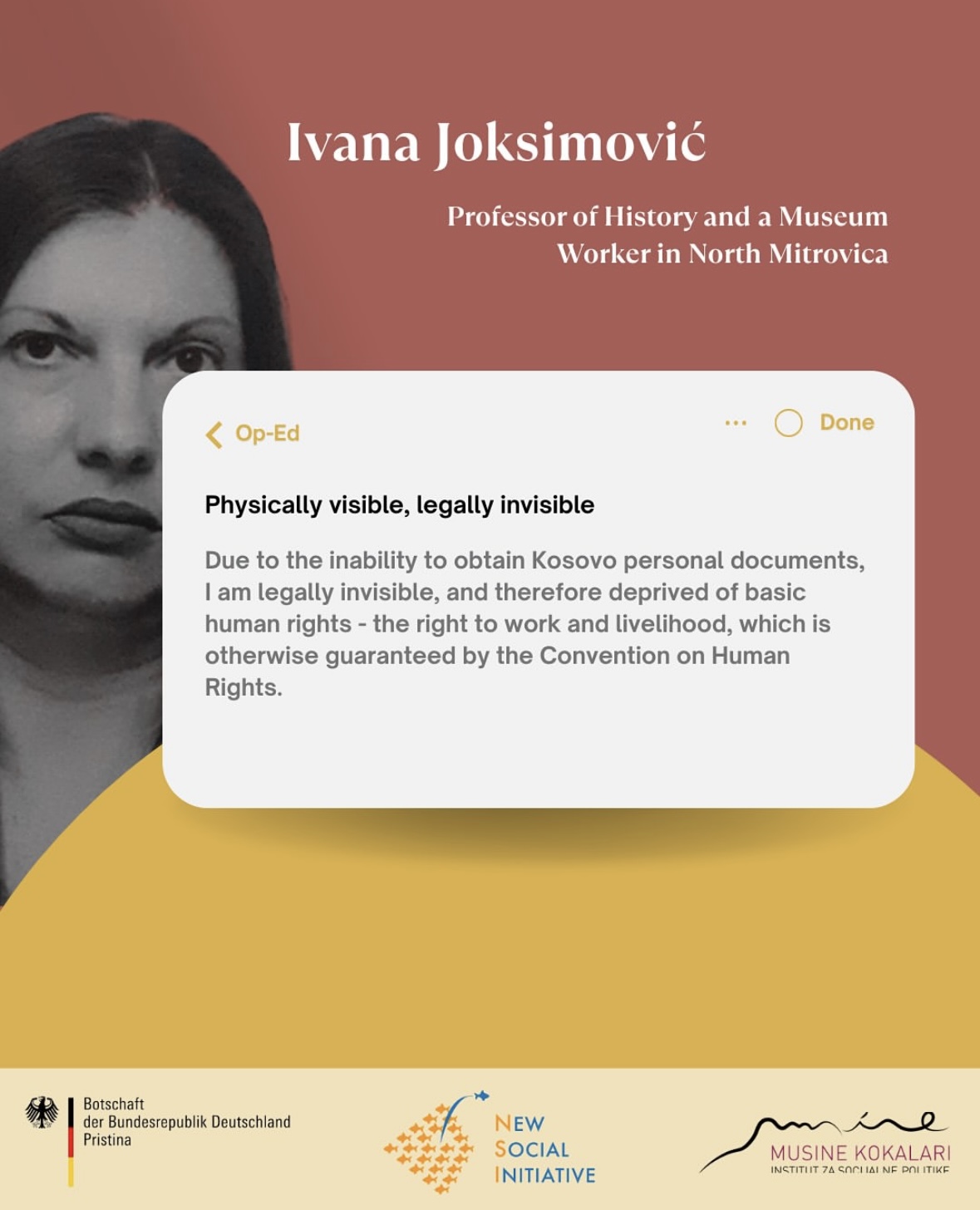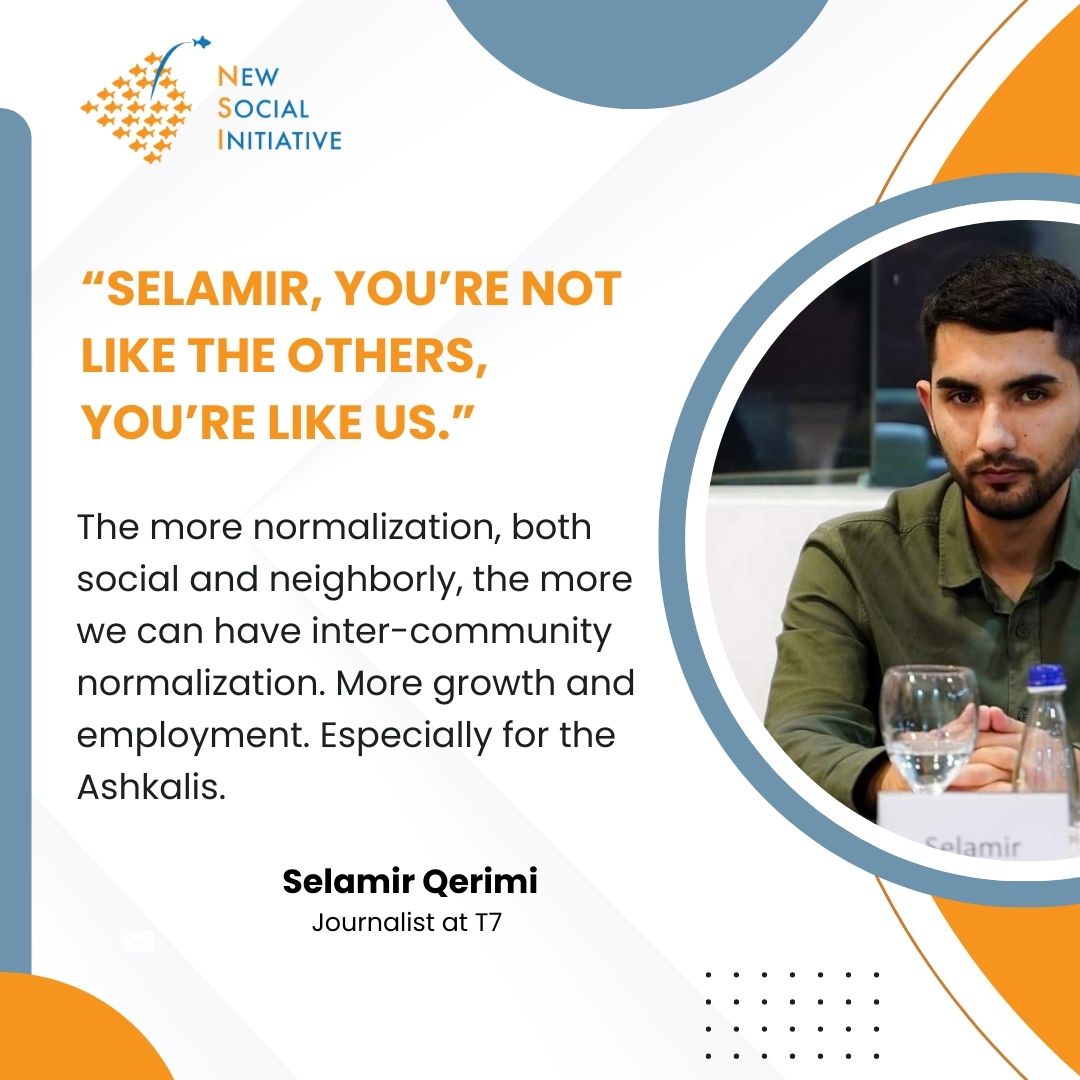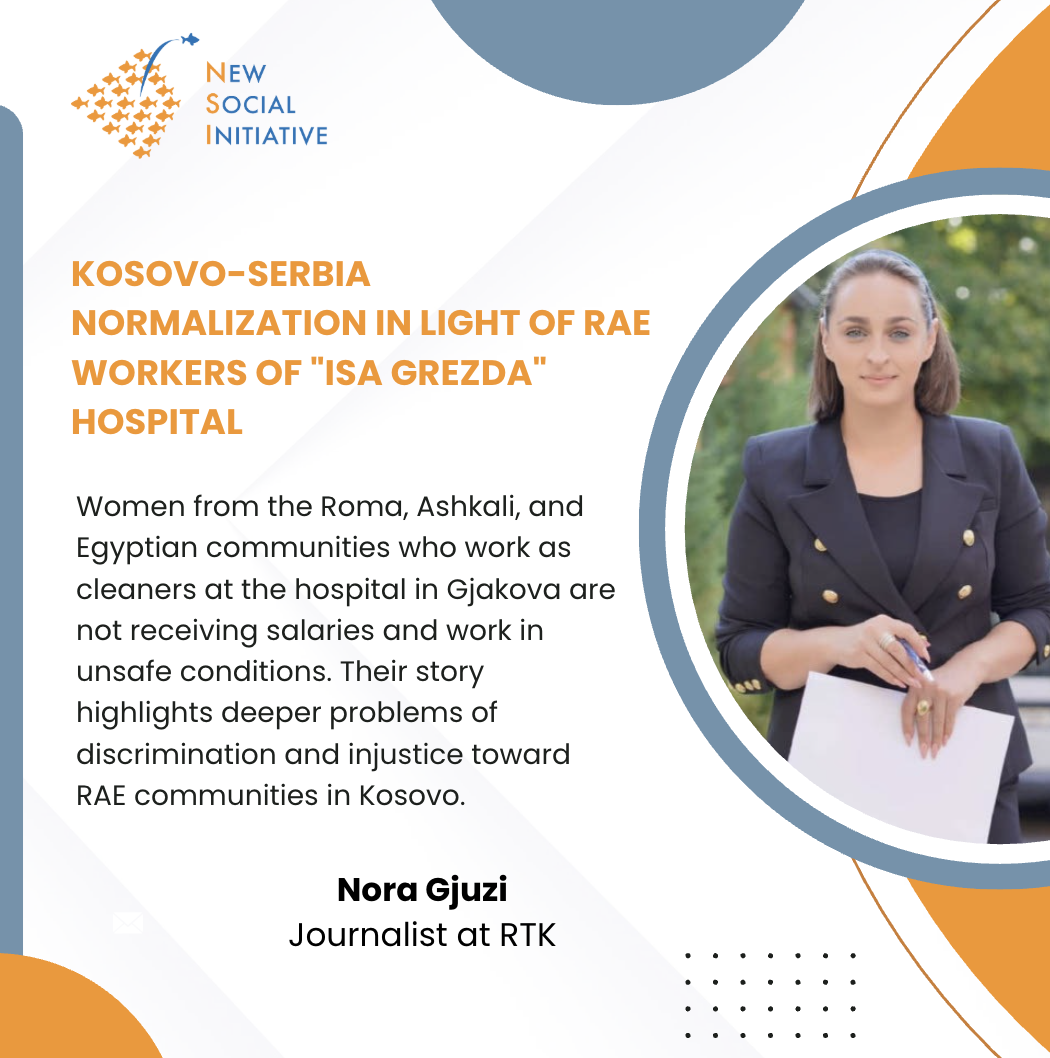It seems almost difficult to remember the year 2011 when high-level state meetings between Kosovo and Serbia had started for the first time. Three years after Kosovo’s independence, it seemed that this communication at the European capital had pushed Serbia to find a way to recognize the new reality and to move closer to a historic decision – to put it mildly – to recognize Kosovo’s international subjectivity even with ambiguous language, especially after the affirmative decision on Kosovo in 2010 by the International Court of Justice. While Kosovo was entering into a strengthening process, stuck by the lack of the perspective for international memberships. But, what we have seen later in these 10 years has been an album of hundreds of pictures of handshakes between the leaders of both countries, and nearly 35 technical agreements labeled as conclusions, agreements, many of them have not been implemented so far.
Among many Balkan turnovers, the head of the Government and the bearer of the dialogue burden in Kosovo now is Albin Kurti, who is known for his firm and uncompromising stance on the dialogue with Serbia. “No negotiations – Self-Determination” was a famous slogan, written on many walls in the squares of Kosovo cities. So, based on this principle, the cooperative dialogue with Serbia would take place only after the apology, the recognition of Kosovo as a state, and the reparation of war damages and crimes committed. But the politician who built his platform on these strong attitudes, experienced the overthrow of his first government in March of the year marked by the pandemic, leaving the ticket for the September meeting at the White House in Washington where it was proclaimed that the historical agreement would be signed, to his former partner of the ruling coalition, Avdullah Hoti.
The current opposition on Kosovo political scene, and the opposition leaders who had all, at one point in the past decade, participated in a government capacity in the dialogue meetings in Brussels, has found the core of criticism: Prime Minister Albin Kurti is trying, masterfully, but with desperate results, to find a way to escape the dialogue, especially given the fact that he cannot expect the fulfillment of the three strong criteria before the dialogue continues.
In Belgrade, on the other hand, the Serbian President Aleksandar Vucic, the only person that has been in the negotiations from the beginning, is insisting that Kosovo authorities return to the dialogue, while, at the same time, Prime Minister Kurti seems to have realized that there is neither time nor space for his announcements that the dialogue with Serbs should take place within the political spectrum of the Serb community within Kosovo. He did not even try either in the first mandate or now at the beginning of his second mandate to visit Štrpce/Shtërpcë, Gračanica/Graçanica or Leposavić/Leposaviq, to at least test the impossible: to hear firsthand the concerns and demands of Serbs in Kosovo.
What is the new approach of Kosovo’s new government to the dialogue?
There is practically no new approach from the new government. The building of the position on the principles of the dialogue and non-negotiable issues such as sovereignty, territorial integrity, and the unitary character of the state – is already a familiar formula of previous governments. Government’s invitation to opposition parties to harmonize their stands, because the dialogue with Serbia and the eventual final agreement is considered not to be the property only of the government – this stand was also familiar from previous governments. But what is to change from the decade of the procrastinated dialogue? Does Kosovo have the power to impose strong positions? Should we expect better days for a satisfactory agreement that would not require any painful compromise from Kosovo? Does Serbia have time to wait and is it its strategy to procrastinate endlessly?
If we stop and read current politics as if wearing glasses without a prescription, it seems rather simple: the U.S. wants to finalize their project called Kosovo, due to their geostrategic interests. Brussels has some more time to keep adding photos to the dialogue album in Brussels. The EU non-enlargement policy is now quite easily understood by anyone who listens to daily news. Serbia has brilliantly maintained its relations with Brussels and Russia at the same time. It opened several chapters of its EU integration process but shows no desire to rush. It has strengthened foreign economic investment from all the sources and cemented the stand on military neutrality and non-NATO membership.
So, how is the new Government to act differently from the one so far? Opportunities are seen in going to the dialogue well-prepared with top-down topics. The process so far, which ceased a year ago, had a framework with various topics, but the approach was “nothing is agreed until everything is agreed.” If this same dynamics and framework were to continue, Kurti Government should go back to Brussels for meetings with technical working groups on integrated border management, the missing, diplomas, the airline, and the like, whereas the time needed for their implementation would exceed the diplomatic and strategic limit for a final agreement. This agreement has already received many epithets even among the European diplomatic factors. Some call it a final agreement, others an agreement on mutual recognition, even a legally binding agreement, and a peace treaty, even though the war has ended a long time ago.
The trap for Kurti
There is capital in Kurti’s rejecting the dialogue. The irony of the time left to him this burden carried over from one person’s back to the other. The new government has two major challenges in preparing for the resumption of the dialogue: building internal political unity, which seems to be always necessary, but it is overwhelmed by the experience of the endless dialogue that we have had so far. Even without unity, any agreement must go to the Assembly for ratification. What is different this time around is that now a government in place draws strong legitimacy from the latest elections. The second challenge would be to find the wise formula to find the middle line between American-European attitudes. The invitation to Washington which Kurti had rejected in September is a decision he is probably happy about as it turned out to be the right one. The continuation of the dialogue in Brussels requires American involvement anyway. Americans want an agreement without a delay, and they quite clearly state that the parties should make painful compromises. Europeans, as the leaders of the 10-year dialogue, also stress that there should be a short-term time limit, but also signal that the parties should feel safe in the process and not necessarily rush. Of course, none of the actors have forgotten the fact that only 16 months ago, there was another figure that played a different tune in this process. Former President Thaçi very boldly proclaimed the possibility of exchanging the territory or correcting the borders. Serbs do not want to forget this as an opportunity, nor do some European circles that have agreed that the most dangerous solutions may probably be easier and faster. However, harsh options such as the exchange of territories or a powerful Association that endangers the unitary character of the state seem utopic for the political stubbornness and legacy of Prime Minister Kurti.
He has the political capital and legitimacy to stand firm on the principle “everything or nothing”. “Nothing” is the current status quo, because Kosovo will not engage in the dialogue that leads to anything else but the recognition of its international subjectivity. The red lines and non-negotiable principles will probably be the starting framework of the new government’s stand. A significant element that will narrow mediators’ political maneuver is that there are no other forces that could replace the current government in any of its failure or unwillingness to make painful concessions. The people of Kosovo have waited for 22 years, many governments have been changed and overthrown, and the message is clear – the citizens of Kosovo have given strong legitimacy to the political force that has, in the past two decades, continuously opposed compromises, one after the other.
The trap remains in Brussels. American shuttle diplomacy can bring unexpected changes in the agenda and format of the dialogue. Until we have a written platform by the government, there is no room for novelties. The dialogue is conducted to bring the parties closer and to find the middle of the two points. Rules are set, whereas the possible points for the compromise seem like a list to choose from. A possible failure of the dialogue finale leaves the undefined time vacuum for another occasion.
Within Kosovo Collective Op-Ed series
Opinions expresses in this oped series do not necessarily represent those of the Balkan Trust for Democracy, the German Mashall Fund of the U.S. (BTD), U.S. Agency for International Development (USAID), or the U.S. Government.
Project is supported by the Balkan Trust for Democracy of the German Marshall Fund of the U.S. and USAID.










